Ricky asked me a lot of questions. A lot of them are great questions, so I chose to share them with the greater public too:
“You seem to think that faster reps are better for this approach. Indeed your whole approach in general seems quite “daring” in the sense that it is mostly for “show”… but is it safe still? I mean, in your opinion what the risks are in your approach long term – for joint health mainly. I am starting to get a little bit older, and am not really all THAT far off from approaching age 40; I do have some knee problems that ultimately have led me to the conclusion that squatting – for example – isn’t really much worth the risk to me. (I don’t have anyone to help me with my form or spotting on that exercise either, and it’s hard. I never had much chance to get that good at it.) A lot of chiropractors talk about patients they’ve had over the years who were messed up, seemingly, from explosive training with weights. Personally, I would like to avoid that likelihood. I know it sounds a little wimpy, but I have been wondering about your thoughts on injury prevention and protecting the joints longterm.
“I’ve sought a simplistic approach because of time constraints. Maybe just a regular practice for deadlifting and overhead press only – for right now – or something.
“I’m fascinated at the varied ideas and perspectives professionals have about slow cadence training. Some people say slow reps build more muscle than fast, but others seem to think fast training is better for hypertrophy, and that slow training can actually hinder it, and I’ve come across a few theories around all this. How important do you consider this to be anyway? The claim super slow provides all the same benefits as any other seems appealing and promising, and hopefully maybe possible, and yet all the while completely outlandish!
“I hope I didn’t make this too long. Further, I didn’t read every detail of your book yet because I haven’t had time, so please excuse me if I maybe missed something there you already addressed.
Off the top of my head, I don’t recall if I cover the subject inside Deceptive Strength. I write a lot so it’s hard to keep track of it all.
Similar to the question of how many reps and sets, fast vs. slow is not all that important.
If you missed that earlier discussion about reps and sets you can find the post online here.
I personally prefer fast, because I’d rather be fast than slow and you get what you train for.
Still there is time for both. Both can build strength. Both can build muscle.
I am sure, in certain cases, for certain purposes, one method is better than another, but overall, as a generalization I would not say one is necessarily better than the other. It’s more of an opinion thing.
As long as you make progress it doesn’t matter.
But fast does not necessarily mean uncontrolled and more dangerous. When uncontrolled, yes, movements would have a greater chance of leading to injury, simply because there is more force behind them. A mass accelerating has more force than one moving slow. But other than that, I don’t really think of most of the stuff I do as “daring”.
Sticking with the principle of listening to your body, which I’m virtually always talking about, I don’t think slow training is really any safer than fast.
I’m only 32 years old; I’m sure some people would say “just wait until your older, you’ll see.” I don’t listen to those people. The fact is very few people have cultivated listening to their body, and overall movement quality as I have. Instead they are pigeon-holed into one system or style. Thus, I don’t listen to people that don’t help me move in the way I want to move.
Furthermore, Ricky demonstrates a belief system of fear that is only going to stand in your way, and actually will lead you to more likely being hurt. I know he doesn’t want to hear that BUT it is clear in his written words.
THAT sort of thing needs works regardless of what form of training you do.
If you feel like slow movements will be better for you, then do it.
But no matter what, I would alter the belief that fast movements, or just training itself will cause you pain and injury. And I would learn how to listen to your body well.
One thing that is not mentioned on the Mental Muscle Training Intensive page, is some of the additional bonuses that come with the Strength Health Mind Power Inner Circle. (Those on top of everything listed there.) This includes my Beyond Biofeedback course in the fourth month of membership, which will be right when “Module 4: How to Crush Limiting Beliefs and Install Super Empowered Ones in Their Place” will also be released.
…It’s like its meant to be…

Comments
Thanks for mentioning how super slow training can be beneficial for building up muscle. I like how you mentioned that even though it’s slower, progress is being made. My father is looking into super slow exercise training to get back into working out and building up his strength.